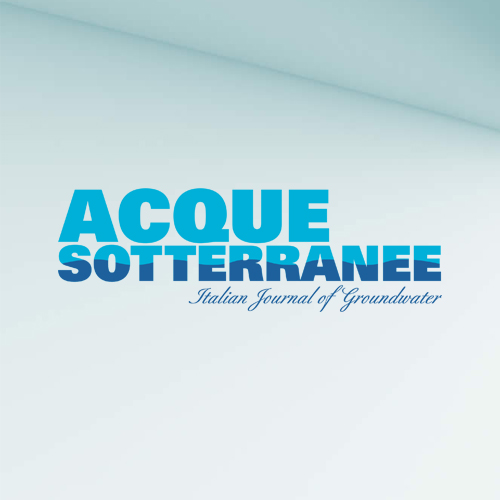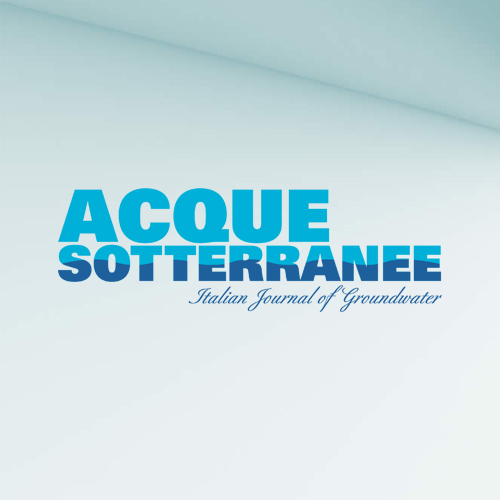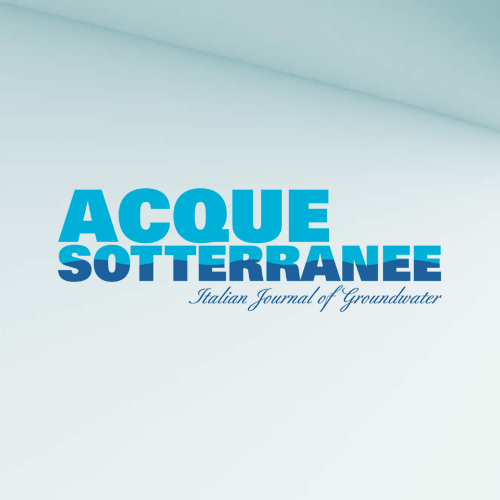Groundwater resilience, security, and safety in the four largest cities in Denmark
Accepted: 8 September 2024
All claims expressed in this article are solely those of the authors and do not necessarily represent those of their affiliated organizations, or those of the publisher, the editors and the reviewers. Any product that may be evaluated in this article or claim that may be made by its manufacturer is not guaranteed or endorsed by the publisher.
Authors
Denmark's complete reliance on groundwater for water supply presents a unique case study in management of natural resources, urban planning, and water resilience in the face of climate change. This paper examines the groundwater management strategies in Denmark in general, focusing on Denmark's four largest cities—Copenhagen, Aarhus, Odense, and Aalborg— each facing distinct challenges due to their demographic, geographical, hydrogeological, and economic characteristics. Through analysis of these cities' approaches to groundwater management, this research contributes to the global discourse on sustainable urban water supply systems. As coastal groundwater cities (CGC), these urban areas must navigate the complexities of sustaining growing populations, mitigating climate change impacts, and coastal processes while ensuring the long-term viability of their groundwater resources. Copenhagen and Aalborg, built atop semi-confined fractured and locally karstic carbonate rocks, highlights the specific challenges associated with karstic groundwater systems, while, Aarhus, and Odense built on glaciofluvial aquifers faces different issues. The different groundwater challenges in these cities underscores the importance of integrating urban development with water resource management and environmental sustainability, offering valuable insights and lessons learned for other regions facing similar challenges. This study, thus not only sheds light on Denmark's groundwater management practices, but also emphasizes the need for innovative solutions to ensure the resilience of urban water supply systems in a changing climate and increasing pressures of emerging organic contaminants and elevated concentrations of geogenic elements induced by water abstraction and fluctuating water tables. Advanced Danish monitoring and modelling tools applied to support decision-making and innovation within the water sector are continuously developed and improved to support resilient and sustainable management of the available water resources.
How to Cite

This work is licensed under a Creative Commons Attribution-NonCommercial 4.0 International License.
PAGEPress has chosen to apply the Creative Commons Attribution NonCommercial 4.0 International License (CC BY-NC 4.0) to all manuscripts to be published.
Similar Articles
- Rimsky Valvassori, Paolo Cerutti, [From Low-Enthalpy Geothermal to Geo-exchange: from Integrated Design to Works Supervision] , Acque Sotterranee - Italian Journal of Groundwater: Vol. 10 No. 3 (2021)
- Francesco Fiorillo, Mario Parise, Marco Petitta, [4th European bi-annual conference on the Hydrogeology of Karst and Carbonate Reservoirs, Eurokarst2024] , Acque Sotterranee - Italian Journal of Groundwater: Vol. 13 No. 2 (2024)
- Anna Maria Bilotta, Giovanni De Caterini, Alessio Argentieri, [Vattenriket: the Water Kingdom (Scania County, Sweden)] , Acque Sotterranee - Italian Journal of Groundwater: Vol. 10 No. 3 (2021)
- Stefano Chiarugi, [Acque Sotterranee - Italian Journal of Groundwater is 40 years old] , Acque Sotterranee - Italian Journal of Groundwater: Vol. 13 No. 2 (2024)
- Emanuele Emani, Paolo Cerutti, [Future administrators and legislators, and opportunities not to be missed] , Acque Sotterranee - Italian Journal of Groundwater: Vol. 10 No. 3 (2021)
- Alessio Argentieri, [A hole in the water] , Acque Sotterranee - Italian Journal of Groundwater: Vol. 12 No. 3 (2023)
- Maria Rosaria Alfio, Gabriella Balacco, Vittoria Dragone, Maurizio Polemio, A statistical approach for describing coastal karst aquifer: the case of the Salento aquifer (Southern Italy) , Acque Sotterranee - Italian Journal of Groundwater: Vol. 13 No. 4 (2024)
- Manuel M. Oliveira, Tiago N. Martins, A methodology for the preliminary characterisation of the river boundary condition in finite difference groundwater flow numerical models , Acque Sotterranee - Italian Journal of Groundwater: Vol. 8 No. 3 (2019)
- Gianpiero Brozzo, Geochemical study of Central-Eastern Lombard Prealps mineral and thermal springs , Acque Sotterranee - Italian Journal of Groundwater: Vol. 8 No. 3 (2019)
- Giovanni De Caterini, Alessio Argentieri, Fernandea Liggio, [Well water versus malaria] , Acque Sotterranee - Italian Journal of Groundwater: Vol. 12 No. 2 (2023)
<< < 26 27 28 29 30 31 32 33 > >>
You may also start an advanced similarity search for this article.


 https://doi.org/10.7343/as-2024-803
https://doi.org/10.7343/as-2024-803










